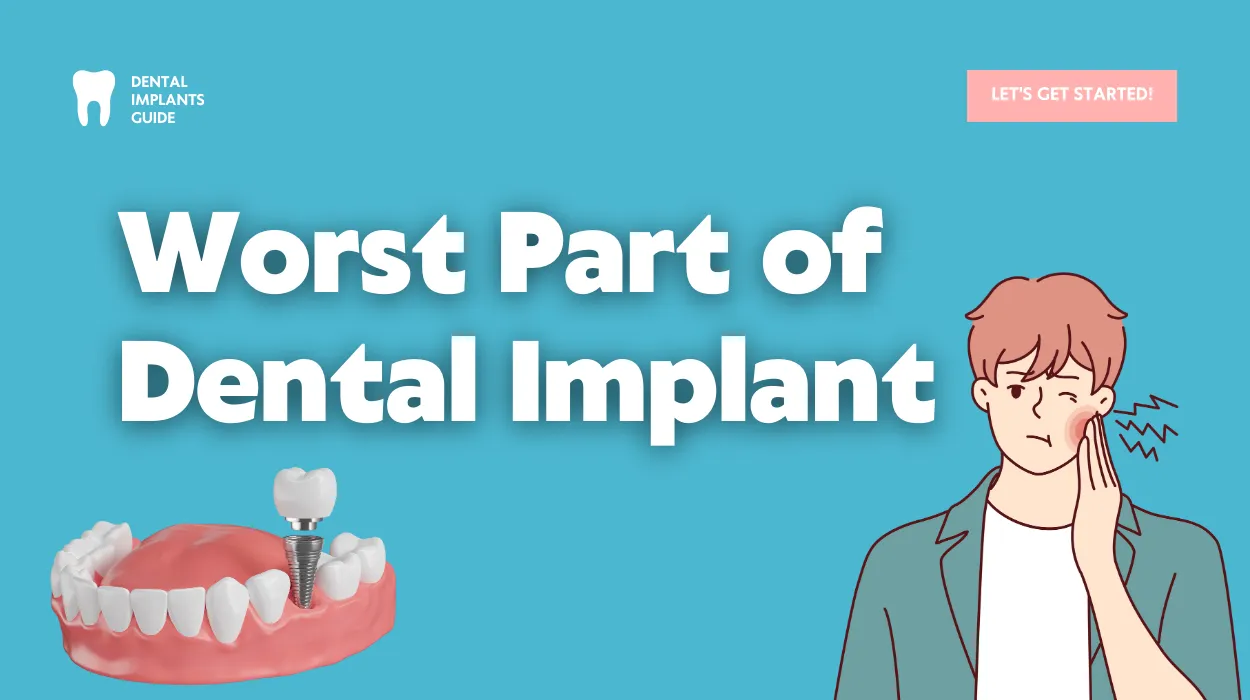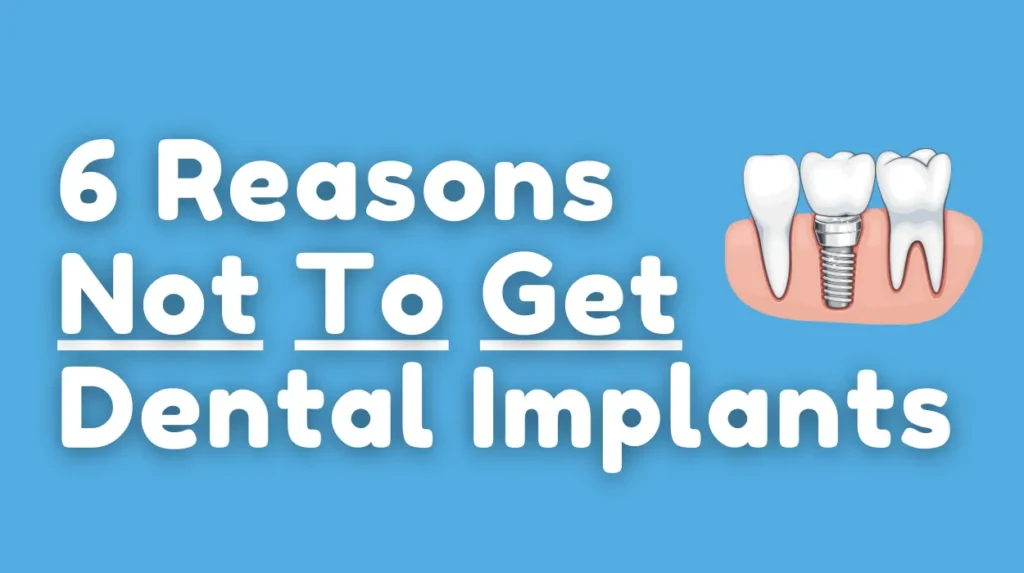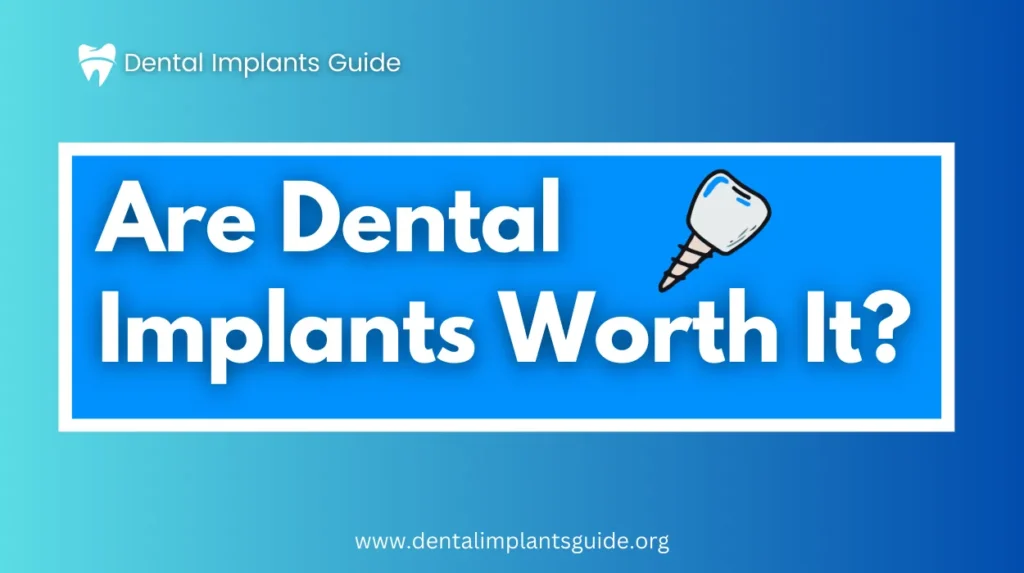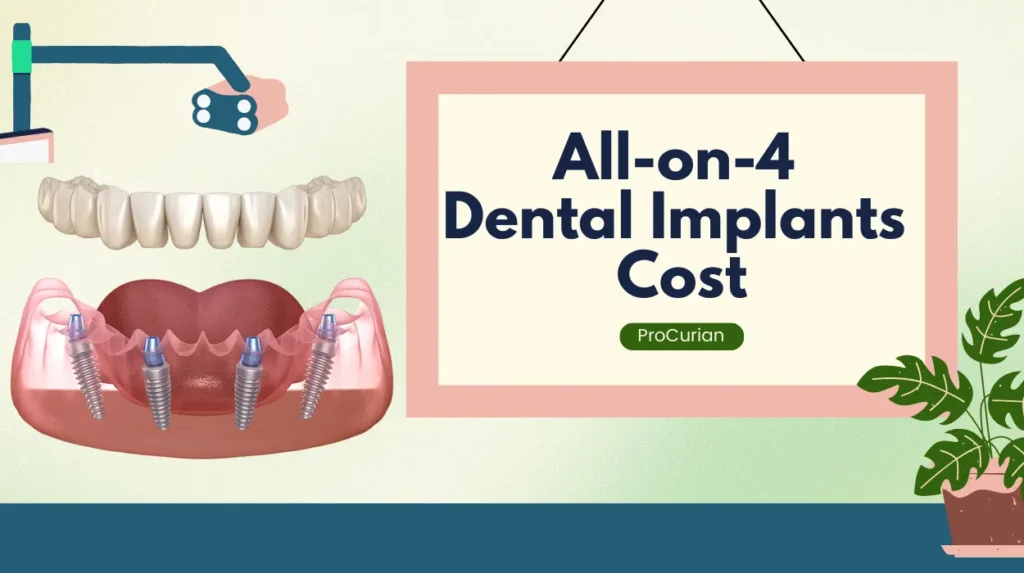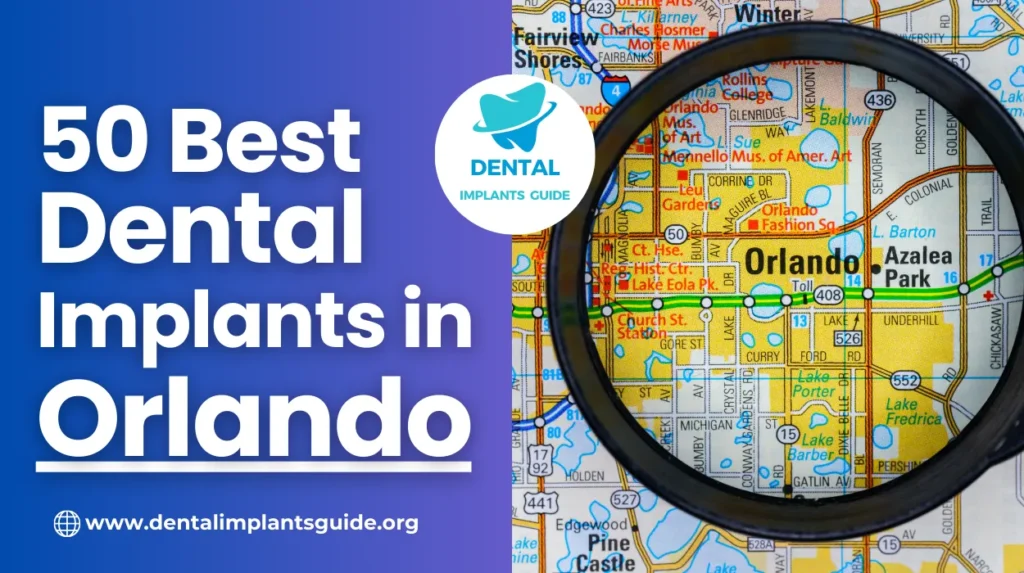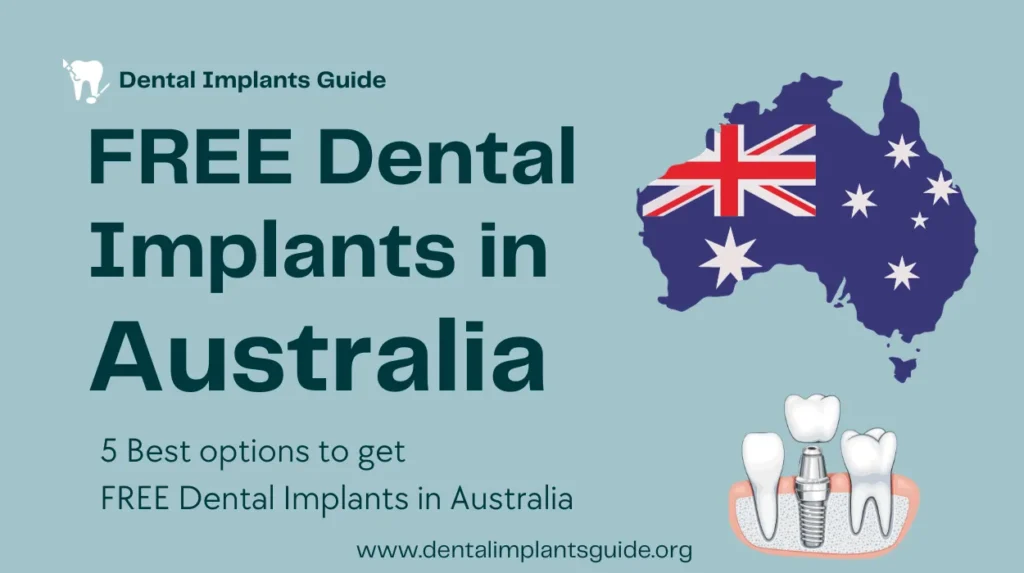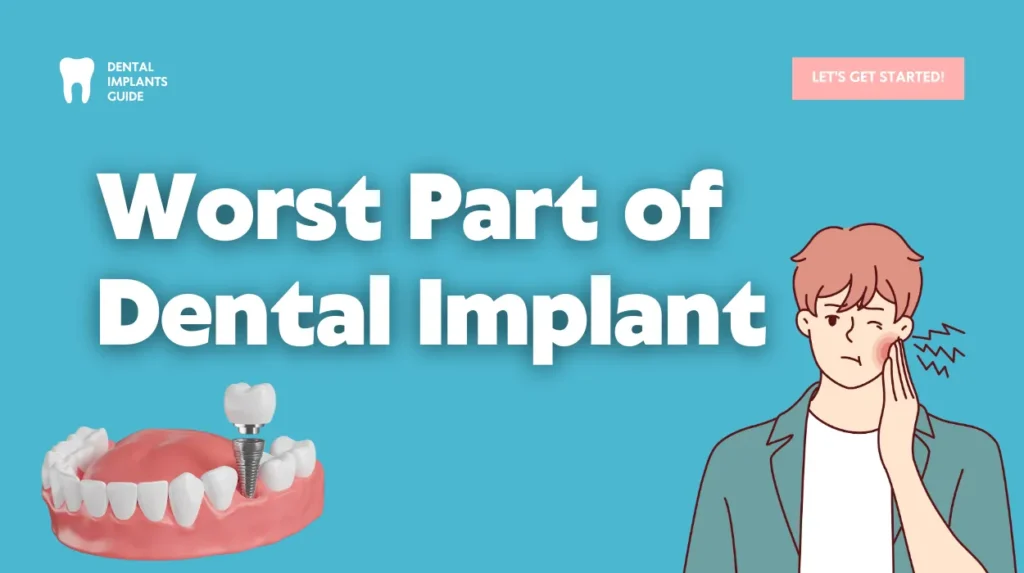
Hey there! Today, I want to talk about something that might not be as pleasant as the shiny, new smile you get with dental implants. Yes, you guessed it right – we’re going to discuss the worst parts of dental implants.
First things first, let’s get the basics down. Dental implants are artificial tooth roots made of biocompatible materials like titanium. They serve as a strong foundation for replacement teeth, whether it’s a single tooth or multiple teeth. These implants fuse with your jawbone, making them a sturdy and permanent solution for missing teeth.
Now, let’s move on to the 7 worst part of dental implants.
1. The Surgery Process
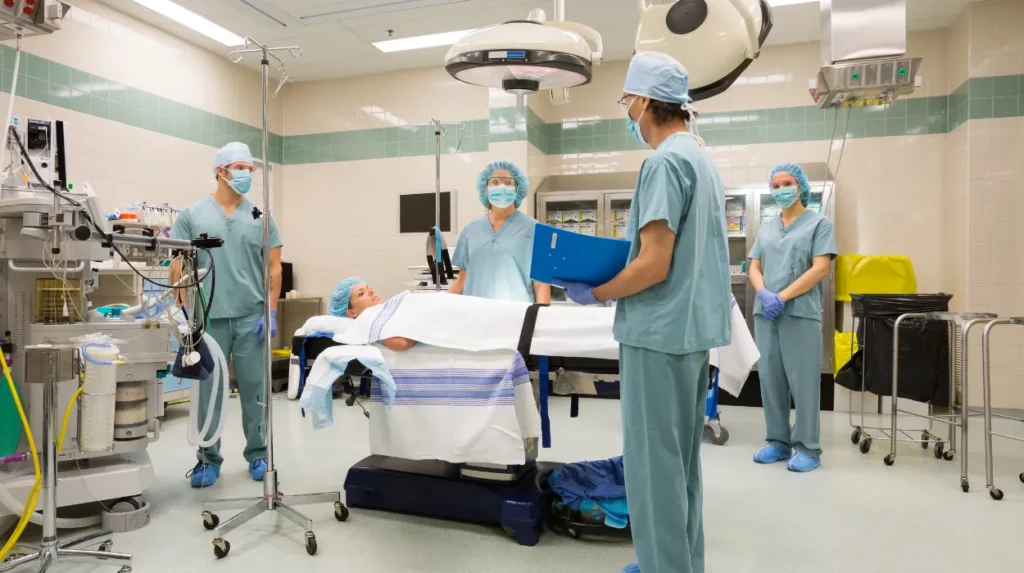
The pain and discomfort that often come with getting dental implants. You see, the process involves surgery, and that means there’s going to be some level of discomfort. During the surgery, local anesthesia is used to numb the area, so you shouldn’t feel any pain while the implant is being placed.
Related Article ➦ Pros and Cons of Dental Implants
However, once the anesthesia wears off, you might experience some soreness, swelling, and bruising in the days following the procedure. This is perfectly normal and usually lasts for a few days to a week. Your dentist will likely prescribe pain medication to help manage the discomfort.
2. Long Healing Period

Healing is a crucial part of the dental implant journey, and it’s not always a walk in the park. After the implant surgery, your body needs time to integrate the implant with your jawbone through a process called osseointegration. This can take 5 to 7 months, and during this time, you’ll need to be patient and careful.
Here’s a general timeline of what you can expect:
- Immediate recovery (1-2 weeks): Initial discomfort, swelling, and bruising start to subside.
- Osseointegration (3-6 months): The implant fuses with your jawbone. You’ll need to avoid putting too much pressure on the implant during this phase.
- Abutment placement (2-4 weeks): A connector called an abutment is attached to the implant to hold your replacement tooth.
- Final restoration (2-6 weeks): Your new tooth or teeth are attached to the abutment.
Related Article ➦ How to Heal Faster After Dental Implants?
3. Financial Pains: Cost of Dental Implants

Another tough pill to swallow is the cost of dental implants. They can be expensive, and unfortunately, most dental insurance plans don’t cover them entirely. The exact cost varies depending on several factors, including the number of implants you need, the type of restoration, and your location.
- Single dental implant: $3,000 – $4,500
- Full-mouth restoration: $20,000 – $40,000
It’s essential to discuss payment options and financing with your dentist or oral surgeon before moving forward with the procedure.
4. Risks and Complications

Like any medical procedure, dental implants come with some risks and potential complications. These can include:
- Infection at the implant site.
- Nerve damage, which can cause tingling or numbness.
- Sinus problems if the implant is placed in the upper jaw.
- Implant failure, where the implant doesn’t integrate with the bone.
5. Maintaining Dental Implants

Once you’ve got those shiny new dental implants, you need to take good care of them. Regular oral hygiene is a must. This includes brushing, flossing, and visiting your dentist for check-ups and cleanings. Neglecting your implants can lead to problems down the road, and you don’t want that after all the effort and expense.
Related Article ➦ How To Clean Dental Implants?
6. Dietary Restrictions

During the healing period, you might need to stick to softer foods to avoid putting too much pressure on the implant site. This means saying goodbye to your favorite crunchy snacks and hard candies for a little while.
7. Not Suitable for Everyone

Unfortunately, dental implants are not suitable for everyone. Factors like overall health, bone density, and gum condition can impact whether you’re a candidate. Your dentist will assess your suitability during the consultation.
What is the most painful part of a dental implant?
The most painful part of a dental implant is usually the initial surgery when the dentist places the metal screw into your jawbone. It can be uncomfortable, and you may feel sore afterward.
Do upper or lower dental implants hurt more?
Lower dental implants are typically less painful than upper dental implants. Because the upper jawbone is denser and more supportive than the lower jawbone, this occurs. Furthermore, nerves in the upper jaw are less sensitive than nerves in the lower jaw.
FAQs
What is the worst part of getting a dental implant?
The worst part of getting a dental implant is the surgery.
How long does it take to recover from dental implant surgery?
It takes 5 to 7 months for the dental implant to fuse with the jawbone.
Which type of dental implant is better?
Endosteal implants are generally considered to be the better type of dental implant. They are more stable and have a higher success rate than subperiosteal implants.
What are the signs of dental implant failure?
The signs of dental implant failure include pain, swelling, bleeding, and loosening of the implant.
Final Thoughts
Getting dental implants can be a life-changing experience, but it’s essential to be aware of the potential challenges along the way. The pain, healing process, cost, and the possibility of complications are all part of the journey.
In the end, the choice is yours, and I hope this article has given you a better understanding of what to expect from the journey to dental implants. If you’re ready to take the plunge, don’t forget to budget for the cost, plan for the time commitment, and stay on top of your oral hygiene. Your future smile will thank you!
Stay tuned for more informative articles on dental implants. Until next time, keep smiling!
